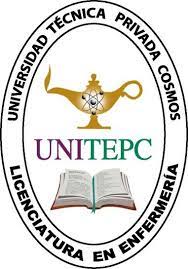Analysis of risk factors associated with prostate cancer.
DOI:
https://doi.org/10.36716/unitepc.v5i2.1.22Keywords:
Prostate cancer, Risks, Early detection, Risk factors.Abstract
Introduction: Prostate cancer, common in older men, carries serious risks and requires early detection. Its incidence fluctuates, influenced by screening tests and medical advances. Factors such as age, diet and family history increase the risk. This research focuses on evaluating these risks in men over 40 in Cochabamba during 2023. Methodology: A descriptive and quantitative study was carried out on men from Cochabamba, 40 years of age or older, evaluating risk factors for prostate cancer. 1,464 men were surveyed about age, family history, diet, weight, prostate inflammation, and chemical exposure. An online form and Excel were used for the analysis, complying with ethical standards and informed consent. Results: The results of the survey among men from Cochabamba reveal the prevalence of prostate cancer risk factors in 1464 participants. The distribution is detailed by age, family history, diet, weight, history of prostate inflammation, exposure to chemicals, and vasectomy. A high incidence of family history (24.2 %) and chronic prostatitis (32.5 %) was found, while exposure to chemicals at work was low (7.8 %) and vasectomy was uncommon (2.6 %). %). Discussion: The study revealed that 24.2 % had a family history of prostate cancer, highlighting the genetic influence on risk. The high-fat diet affected 28.8 %, while chronic prostatitis was found in 32.5 %. Occupational chemical exposure was 7.8%, and vasectomy was associated with 2.6% of participants.
Downloads
Downloads
Published
How to Cite
Issue
Section
License

This work is licensed under a Creative Commons Attribution-NonCommercial 4.0 International License.







